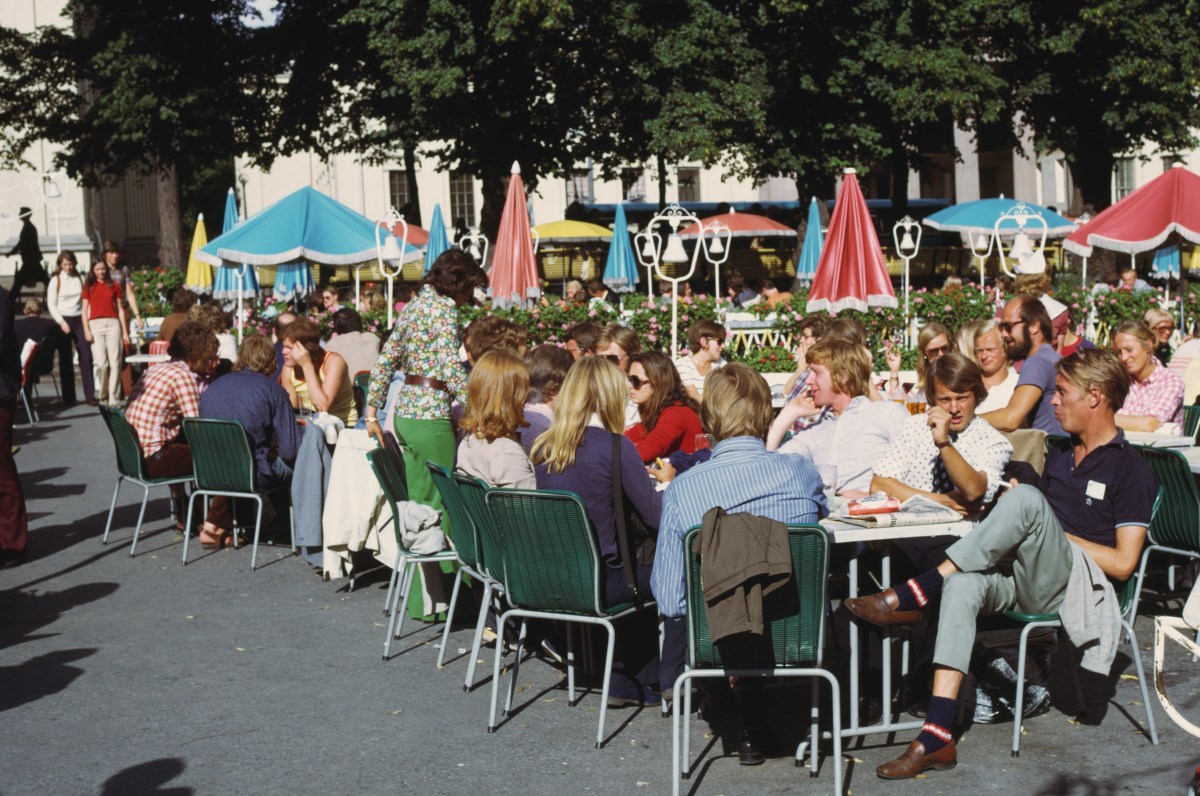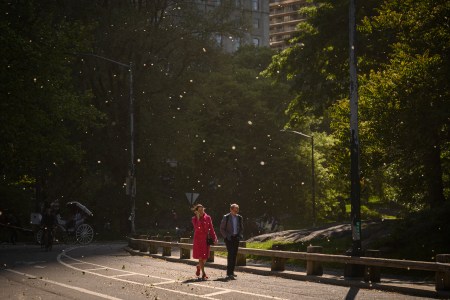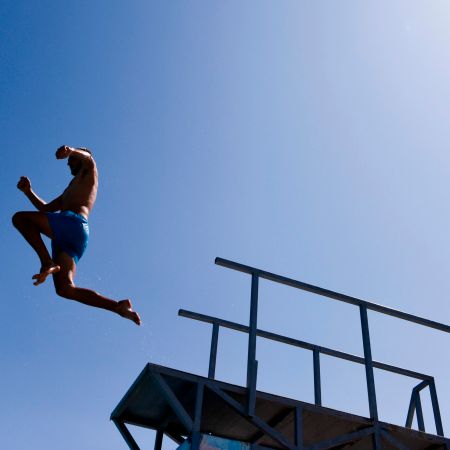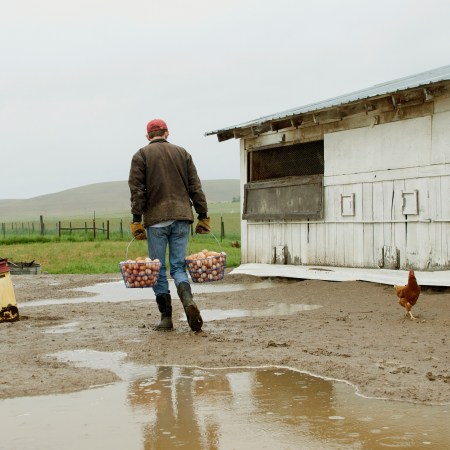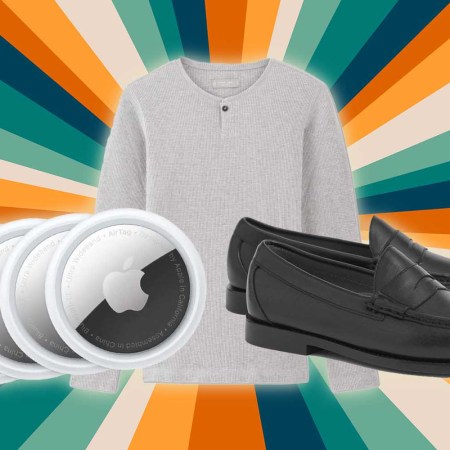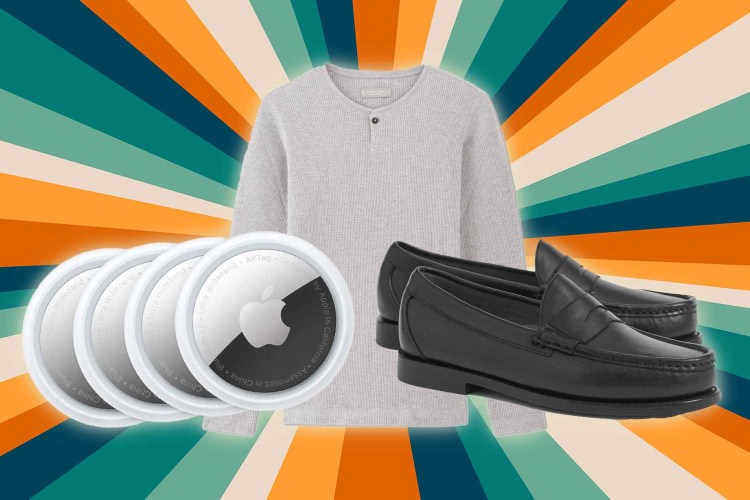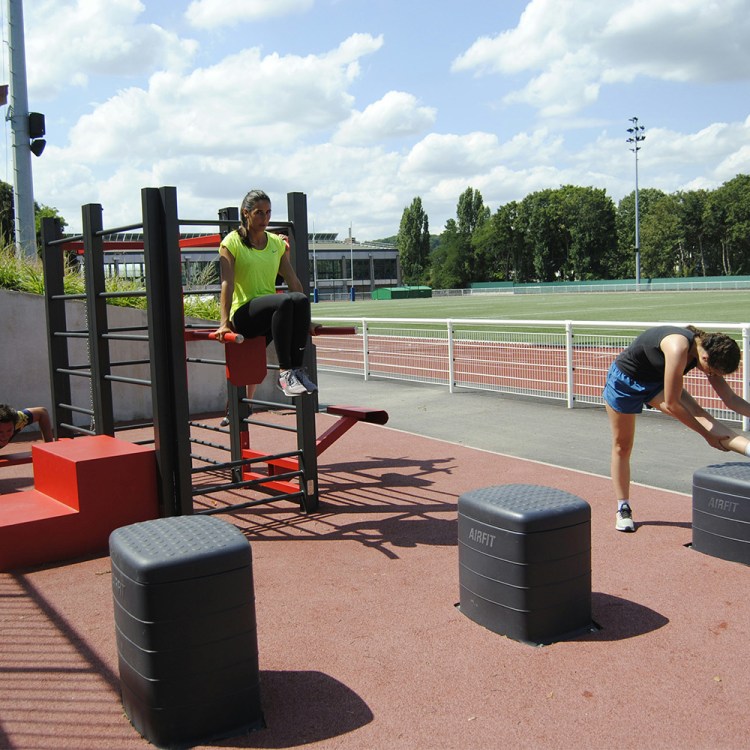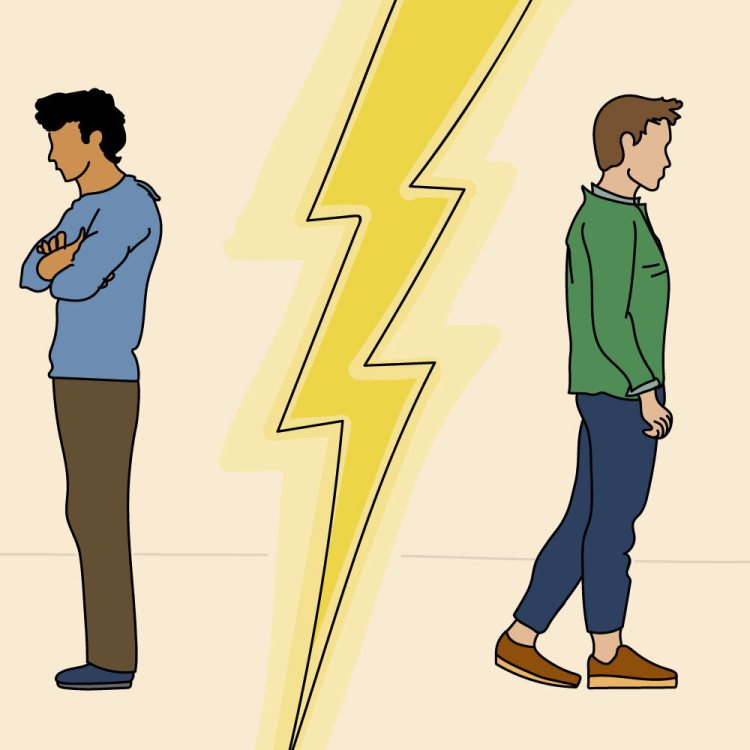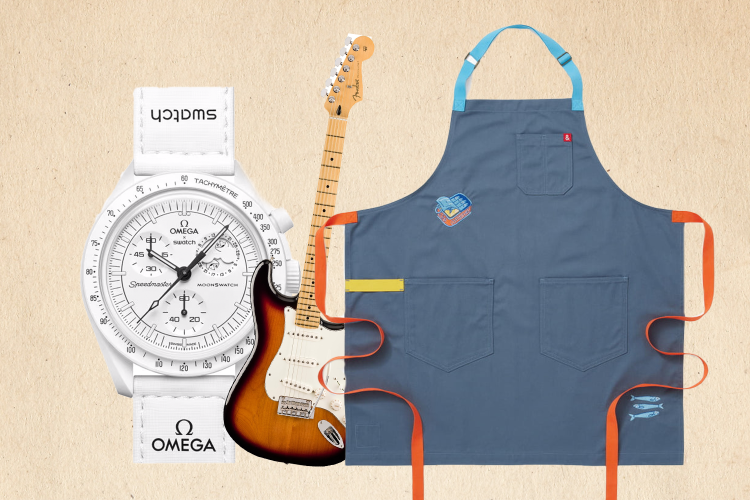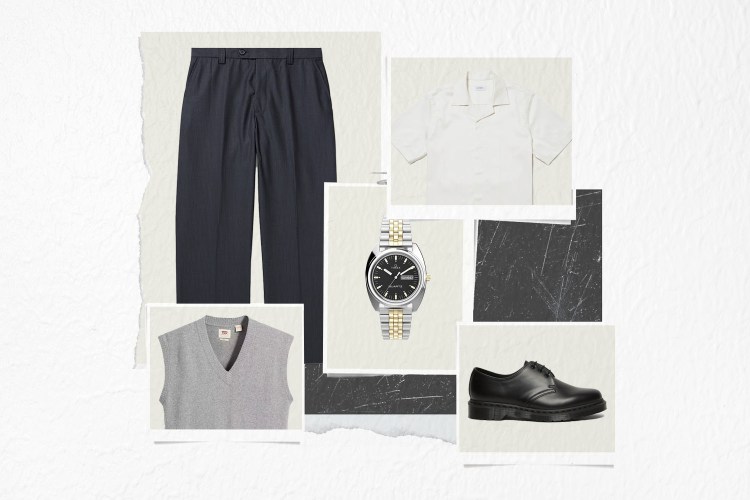One of my dearest memories from the last few years is drinking Alhambras with a childhood friend at a pavement cafe in Spain.
We’d planned poorly, striking out on getting a full tour of the beer’s namesake — the colossal Moorish fortress that sits in the hills above Granada — so we’d sat down for some espresso, looking to regroup. A coffee apiece turned into three or four beers apiece, as we eased into what travel always stages so well: talking about old things in new places.
Looking back on that afternoon, I marvel at (a) how nice it felt, post-pandemic. And (b) how good Europeans still are (and long, long have been) at fiercely protecting the sanctity of the “third place” — any location outside of the home (the “first place”) or work (the “second place”), where individuals are free to gather and interact in informal ways.
What a blissful shock to the system it was, simply watching people arrive and leave — meeting friends, braying with the waitstaff, arguing over inconsequential affairs — as the sun cut across the bell tower of the Granada Cathedral.
The Pros and Cons of Weekend “Super Walks”
Can you erase a sedentary week with a massive binge walk?What is the third place?
Third places all but disappeared during the pandemic.
The first place, the home, took the baton from the second place (along with its many burdens) as we transitioned to WFH schema. But the lockdown era swallowed our trusty third places, too — no bars, no gyms, no libraries. Remember when even certain surf beaches were closed? Europe’s pavement cafes went into hibernation, too.
All have returned by now, and have been back for some time. But there’s a reason sociologist Ray Oldenburg coined the phrase “third place” way back in 1999 (in his book: The Great Good Place), stressing its critical, oft-neglected role in our lives long before the arrival of COVID-19.
After all, it can be shockingly easy for us to lose touch with the places that offer us “social vitality.” What’s to blame? A smorgasbord of modernity: digital alienation, packed schedules, urban developments that prize commercialism over conversation.
Make yourself a regular
Still, third places have endured. Oldenburg’s nominations included coffee houses, cafes, bookstores, hair salons, bars, bistros. They’re still here, they’re arguably as important as ever and — most importantly — you like and probably long for them.
Who can read The Sun Also Rises, as Jake Barnes bounces from cafe to bar, in search of comfort, or companionship, or some intangible he can’t name, without feeling a pang of longing? That desire is less about inheriting his situation (let alone to be transported to 1920s Paris, Owen Wilson-style), but more a recognition/reminder of a way that things could be. There can indeed be a way to spend one’s time beyond the two, walled worlds that exist right in front of you.
Third places might seem scary, as they involve going beyond what you know. But ultimately, they’re a sanctuary. We’re social animals. We deserve to be in the company of others. Empower yourself to become a regular somewhere, or across many somewheres. Bring your friends along, too. Nothing extraordinary is going to happen, but that’s sort of the point. It’s the simple afternoons that we remember.
Whether you’re looking to get into shape, or just get out of a funk, The Charge has got you covered. Sign up for our new wellness newsletter today.
